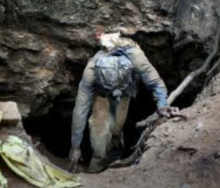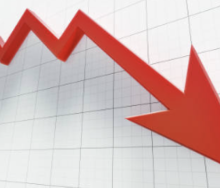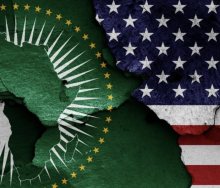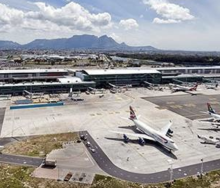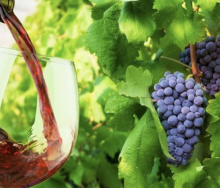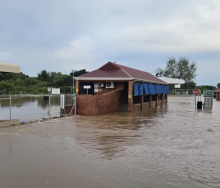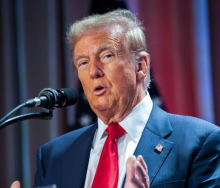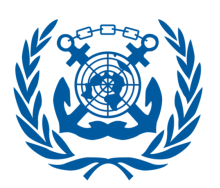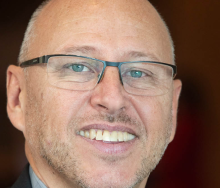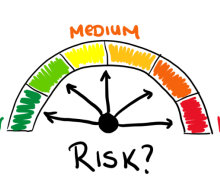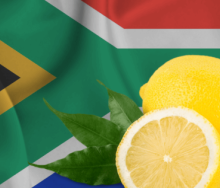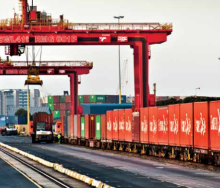Transnet National Ports Authority (TNPA) captain, Thokozani Mthethwa, says collaboration, or “co-opetition” is one of the ways the continent will achieve the goals set out in the 2050 Strategy.
“Each port has its own master plans and Port Development Framework Plans to adequately respond to and plan for future growth. These plans guide how capacity will be increased over the short to long term to respond to the anticipated demand,” he said.
Taking part in a webinar on Progress Report: 2050 Africa’s Integrated Maritime Strategy, organised by the Government Communication and Information System (GCIS) in partnership with Mail & Guardian, Mthethwa said in order to implement the new TNPA operating model, they needed an operating structure that was fit for purpose and capacitated the relevant teams to build a "reimagined TNPA".
The 2050 Strategy is themed, 'Think Africa Above All'.
“Our structure acknowledges that the ports/operations are the drivers of the strategy and need to be resourced accordingly,” Mthethwa said.
He added that Transnet’s mandate was to assist in lowering the cost of doing business in South Africa, and "ensuring the security of supply by providing appropriate port, rail and pipelines in the cost-effective and efficient manner, within acceptable benchmarks".
This, she said, would stimulate a transformed maritime economy through adaptable infrastructure that was fit for purpose.
South African Maritime Safety Authority (Samsa) corporate affairs executive, Vusi September, said the mandate of Samsa was to ensure the safety of life and property at sea, and to "promote the Republic’s maritime interests, and prevent and combat pollution of the marine environment by ships".
Mthethwa said this included monitoring coastal and offshore activities, managing maritime communication systems, and regulating coastal and inland waterways.
He said the vision of Samsa was to develop an African-driven solution, a solution that was overarching, multi-layered, all-inclusive, multidisciplinary and coherent.
“The long-term vision is to address Africa’s multi-faceted maritime challenges and opportunities,” he said.
Cosatu parliamentary coordinator, Matthew Parks, said South Africa remained the most unequal nation with rising levels of poverty, declining levels of state capacity to enforce the law, and difficulties in enforcing laws at sea.
Parks also mentioned that wholesale defiance of labour laws by some employers - especially at sea – was still a problem.
“Unions need to expand their footprint in ports, rail, transport, and especially in fishing and maritime. Employers need to allow union access,” he said. – SAnews.gov.za

